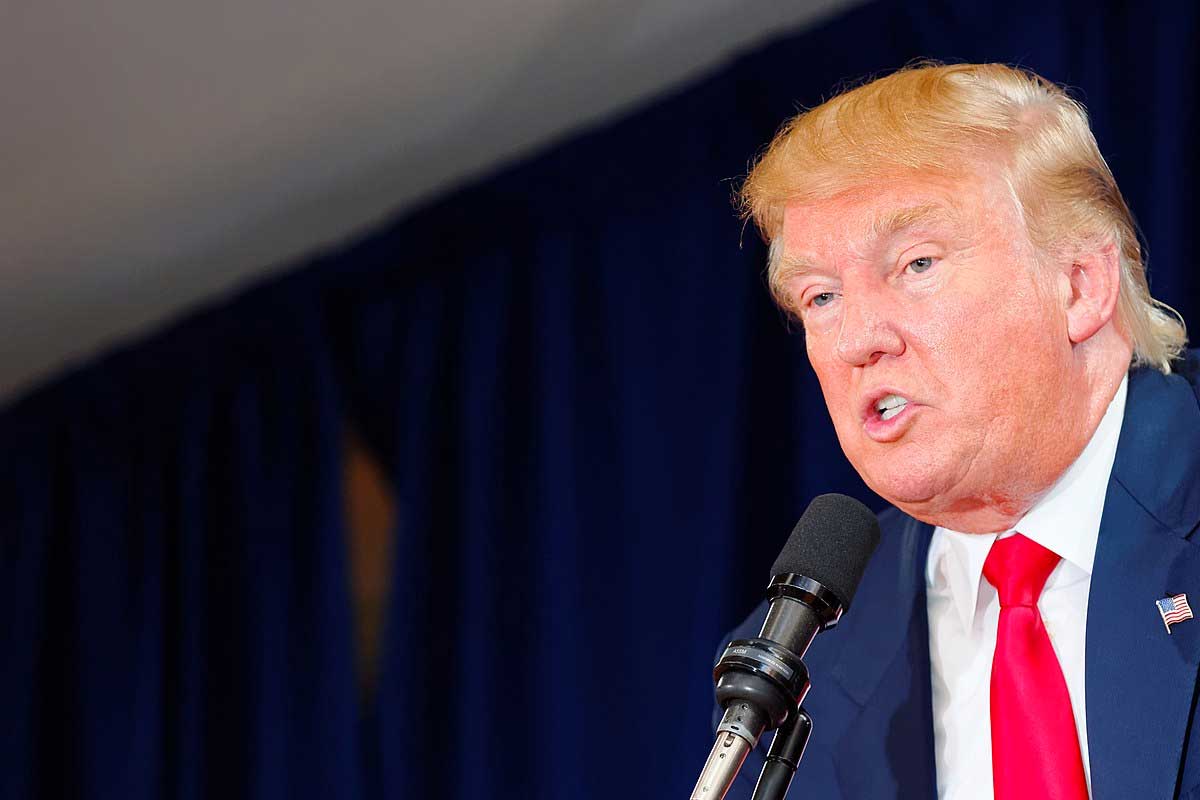Last Sunday, after glimpsing over the three op-ed columns appearing on page 11 of The New York Times, including one titled “How Can We Get Rid of Trump” (Nicholas Kristof, Feb. 19, 2017), the thought struck me that our morally bankrupt president might retaliate somehow.
In that piece, Kristof points out that the betting service Ladbrokes is offering “even odds that Trump will resign or leave office through impeachment before his term ends.” Even odds means if you bet $100 (and you’re right), you get back $200. Those are remarkable odds for such a wager. What is Kristof’s opinion?: “I’d say we’re stuck with Trump for four years.”
Still, the article goes into some detail explaining how, constitutionally, using Section 4 of the 25th Amendment, a sitting president can be removed from power by a simple majority cabinet vote. Then, if the ousted president objects, two-thirds of both houses of congress must approve, or else the President regains office. Interesting.
Kristof states in the op-ed that there is already “broad concern that Trump is both: A) unfit for office, and B) dangerously unstable.” And he even describes how “One pro-American leader in a foreign country called me up the other day and skipped the preliminaries, starting with: ‘What the [expletive] is wrong with your country?’ ”
Five days after his column appeared, guess what happened? Sean Spicer, the White House press secretary, held a briefing in his spacious office, that specifically excluded The New York Times, the Guardian, the BBC, CNN, the Los Angeles Times, The Huffington Post, Buzzfeed News and Politico. At this briefing, so there could be no mistake, Spicer even stated “We’re going to aggressively push back.”
Trump also specifically singled out the Times and CNN in a tweet in which he called them “A great danger to our country,” demonstrating that he is a great danger to freedom of the press — and a very poor example for the rest of the world, where many members of the press lose their lives every year doing their job and providing a service that they believe in.
What transpired also appears to justify the concern many have had regarding potential conflicts of interest that could arise involving Trump or members of his cabinet. For my Feb. 20 post, below, I first reviewed a transcript of the Vatican conference (posted on the website of one of the event’s attending press, Buzzfeed News) which Trump’s chief strategist, Stephen Bannon, spoke at; and according to the transcript, Bannon stated that Breitbart News (which he ran at the time) was the third-largest conservative news site, with “a bigger global reach” than Fox News. So isn’t that a highly unethical action to take to be holding back some of the biggest and most widely-cited news organizations in the world, while giving preferential treatment to the conservative news media outlets, including Breitbart News, a news organization Bannon once ran?
One encouraging facet to this news story is that The Associated Press, The Washington Post and Time magazine, all skipped the event, in an obvious show of solidarity. Bravo! I have the utmost respect for that selfless act. It demonstrates commendable journalistic integrity.
Incidentally, this same Sunday Review section had an interesting opinion piece, written by Richard A. Friedman, titled “Diagnosing the President.” And, while I only read part of it, I liked how Jessica Nutik Zitter’s “First, Sex Ed. Then Death Ed.,” makes a strong case for adding a course to the high school curriculum about the final stage of life: death. What a terrific idea — and what a very important topic — I couldn’t agree more. Zitter, a doctor who practices both critical and palliative care medicine at a hospital in Oakland, Calif., ends her op-ed by pointing out that death “will eventually affect us all. The sooner we start talking about it, the better.”

